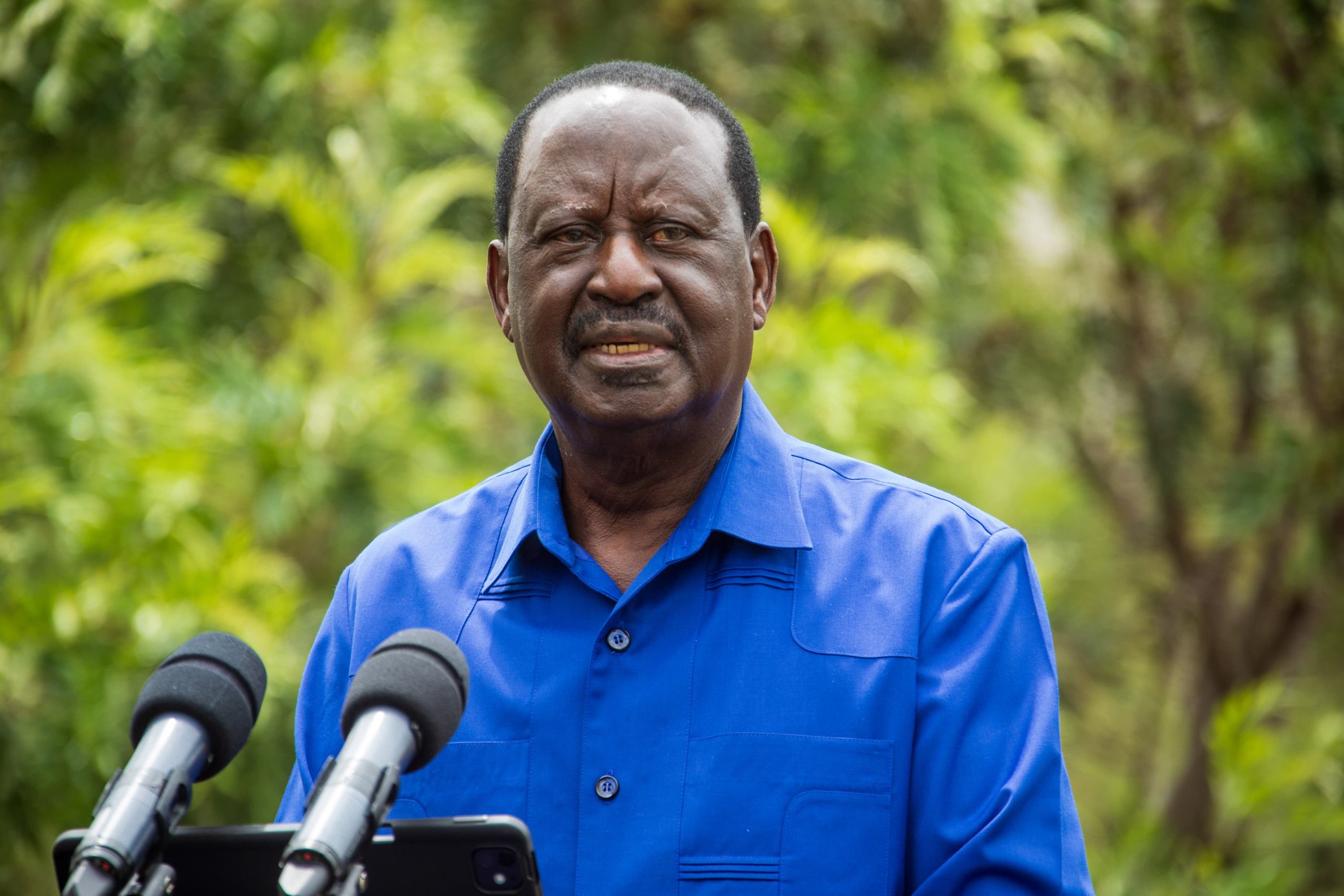
Kenya is preparing to launch its own digital coin, a move that could place the country at the forefront of Africa’s financial technology revolution.
Former Prime Minister Raila Odinga announced the initiative in a video posted on his official social media pages, describing it as “an ambitious step towards strengthening financial systems and supporting sustainable economic growth.”
The coin, which will run on the Solana blockchain, is expected to drive innovation, boost entrepreneurship, and open new economic opportunities for the country’s youth.
“It will also boost innovation, entrepreneurship, and wealth creation in the growing digital economy. Kenya is ready to lead Africa and the world in the future of finance,” Raila said.
He stressed that the project aims to empower young people by creating avenues to learn, create, and invest in cryptocurrency and the wider digital economy.
Raila framed the initiative as more than a national endeavour. “Kenya is stepping up to lead Africa into the crypto revolution,” he said, noting that the country is embracing digital finance and shaping a more crypto-friendly future.
Although details such as the coin’s name, specific use cases, and launch date remain undisclosed, the choice of Solana suggests an emphasis on high-speed, low-cost transactions — well-suited for a developing economy seeking to scale its digital infrastructure.
Digital coins are forms of currency that exist purely in electronic form. They can function as a medium of exchange, a store of value, or a unit of account. Unlike traditional money, they exist on computer networks and use cryptographic techniques to ensure security.
There are two main types: cryptocurrencies like Bitcoin and Ethereum, which are decentralised and community-driven; and Central Bank Digital Currencies (CBDCs), which are issued and regulated by governments, such as China’s digital yuan or Nigeria’s eNaira.
Most digital coins are built on blockchain technology, a decentralised ledger that records transactions transparently and securely. This reduces the reliance on traditional intermediaries such as banks, enabling users to send and receive money directly, anytime and anywhere.
Kenya has already earned global recognition as a leader in mobile financial services through platforms like M-Pesa.
The introduction of a national digital coin could expand this legacy, deepening the country’s digital ecosystem while linking more people to global markets and decentralised finance tools.









![[PHOTOS] Emotions as Winnie hands over Raila’s fedora to Ida](/_next/image?url=https%3A%2F%2Fcdn.radioafrica.digital%2Fimage%2F2025%2F10%2Fa7736f32-7506-4028-aa3f-eae459c70961.jpg&w=3840&q=100)


